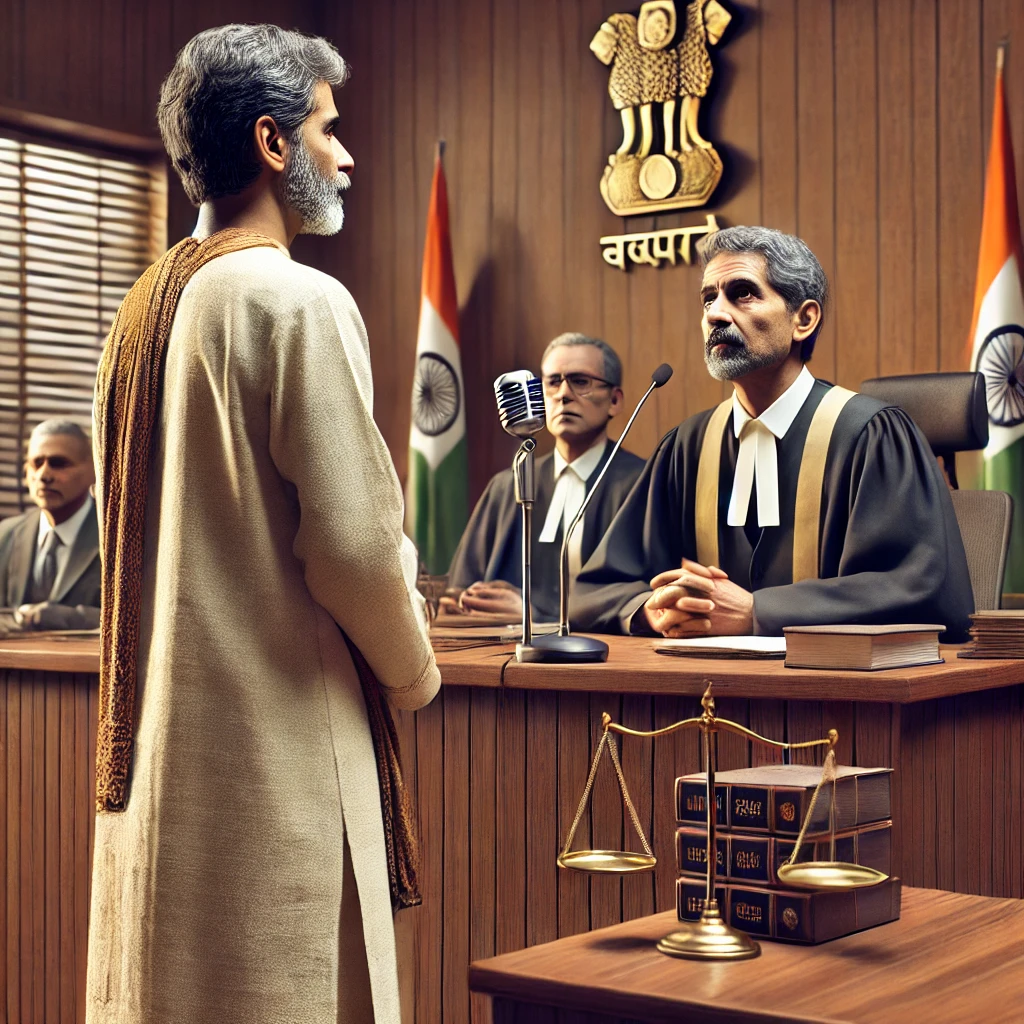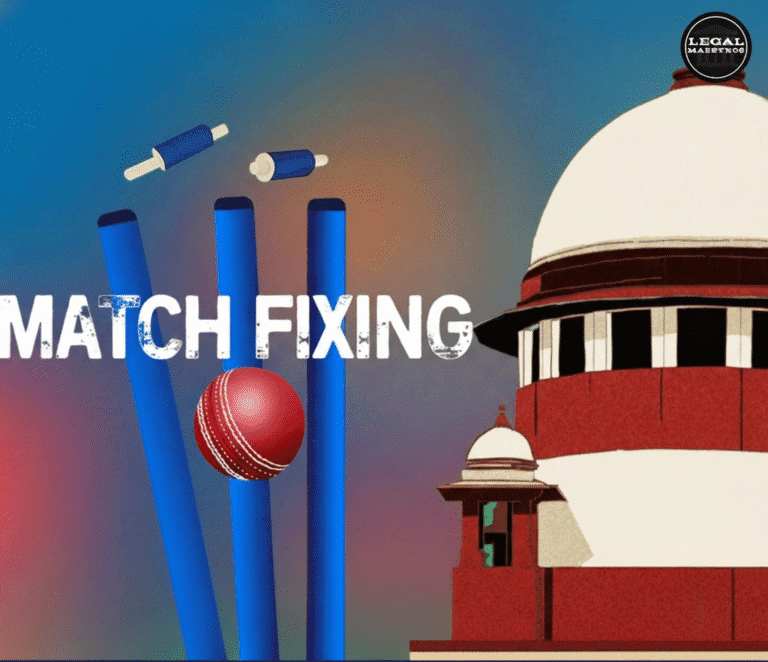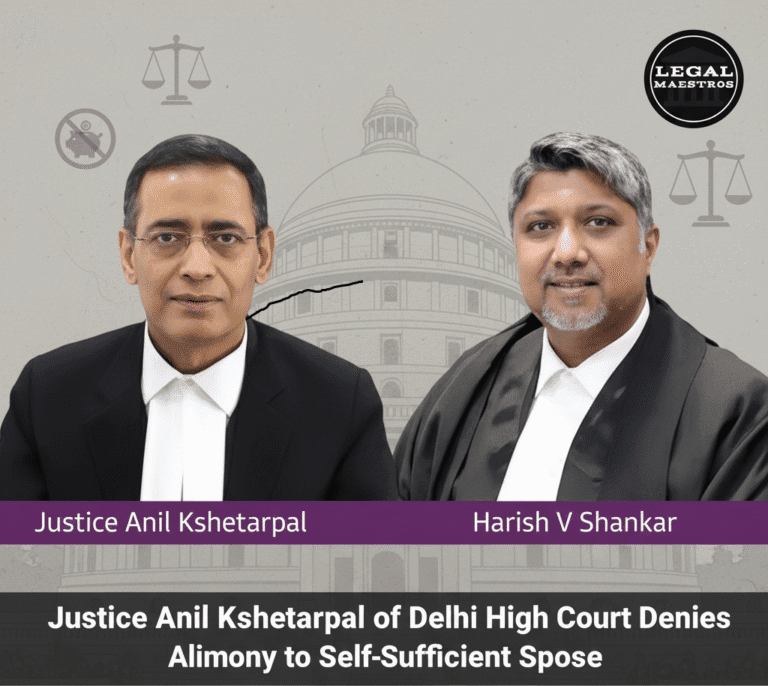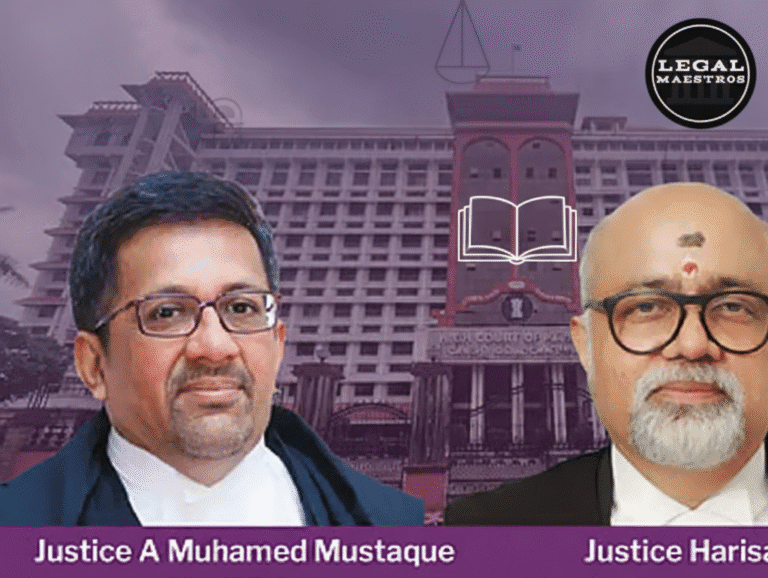
Analyzing the Scope and Limitations of Court Powers to Summon Witnesses in Indian Criminal Trials
It is at the heart of the Indian criminal legal system; the power that courts are enabled with to summon a witness in proving any case. The primary source is Section 311 of the Code of Criminal Procedure (CrPC), which grants the courts discretion to summon, examine, recall, or re-examine any person as a witness at any stage of an inquiry, trial, or other proceeding if their testimony is deemed essential to the just decision of the case. ([advocatetanmoy.com](https://advocatetanmoy.com/section-311-cr-p-c-power-to-summon-material-witness-or-examine-person-present/?utm_source=chatgpt.com))
The provision is divided into two: one is discretionary, which means the court may do as it finds fit and suitable under the circumstances; and the other is mandatory, which requires the court to summon and examine or recall and re-examine any person if his evidence appears essential to the just decision of the case. This dual nature can ensure that the court can be active in the pursuit of the truth and in the administration of justice.
The Supreme Court of India has, in many judgments, drawn attention to this provision. The Court, in *Mohanlal Shamji Soni v. Union of India*, laid down that the cardinal rule of the law of evidence is that the best evidence available should always be produced before the court for the proof of a fact or the points in issue. It was further remarked by the court that it’s the duty of a court to do justice while at the same time ensuring justice is being done. ([indiankanoon.org](https://indiankanoon.org/doc/598267/?utm_source=chatgpt.com))
For any queries or to publish an article or post or advertisement on our platform, do call at +91 6377460764 or email us at contact@legalmaestros.com.
The exercise, however, carries limitations. Thus, the courts should ensure in doing so-that neither party might suffer prejudice with respect to either summoning a witness or a recalling one. This means balancing the rights of the accused and the prosecution, ensuring that neither is unfairly disadvantaged. The Supreme Court, in *Natasha Singh v. CBI*, has cautioned that an application under Section 311 CrPC must not be permitted only to fill a lacuna in the case of the prosecution or of the defence, or to the disadvantage of the accused, or to cause serious prejudice to the defence of the accused, or to give an unfair advantage to the opposite party. ([thehindu.com](https://www.thehindu.com/news/national/denying-accused-right-to-summon-witness-will-derail-fair-trial-says-supreme-court/article4747305.ece?utm_source=chatgpt.com))
Moreover, the ancillary evidence not received should not be under any disguise of re-trial and to alter the character of case against either one of the parties. The Court must be of the opinion that the evidence has a relevance of being essential in the just judgment of the case and not designed to delay it or harass another party.
The power to summon witnesses is not limited to the trial stage. The court can exercise this power at any stage of any inquiry, trial, or other proceeding under the CrPC. This ensures that the court can address any gaps in the evidence or clarify facts at any point, thereby upholding the interests of justice.
For any queries or to publish an article or post or advertisement on our platform, do call at +91 6377460764 or email us at contact@legalmaestros.com.
Apart from Section 311, Section 160 of the CrPC gives powers to the police to summon any person as a witness during the investigation of a criminal case. Under this provision, the investigating officer can demand an appearance in front of him by those persons whose testimony he wants to take during the investigation stage. But persons appearing before the investigating officer, summoned under this section are formally covered legally and if they fail to appear without valid grounds will attract legal action like arrest. ([apnilaw.com](https://www.apnilaw.com/crpc/crpc-section-160-police-power-to-summon-witnesses-indias-code-of-criminal-procedure/?utm_source=chatgpt.com))
The courts also acknowledged the summons of witnesses necessary for a just trial. For instance, the Supreme Court stressed the need of Section 311 in *Raj Deo Sharma (II) v. State of Bihar*. In addition, the Supreme Court also considered the necessity for a fair chance to the respondent in *P. Sanjeeva Rao v. State of A.P* during trials. ([courtscast.com](https://courtscast.com/scope-and-limitations-of-courts-power-to-summon-witnesses-under-section-311-crpc/?utm_source=chatgpt.com))
However, the power to summon witnesses must be exercised judiciously. The court must be cautious not to allow this provision to be used to cause prejudice to either party or to fill gaps in the prosecution or defense case. The primary consideration should always be whether the witness’s testimony is essential to the just decision of the case.
For any queries or to publish an article or post or advertisement on our platform, do call at +91 6377460764 or email us at contact@legalmaestros.com.
In conclusion, the Indian courts’ power to summon witnesses under Section 311 of the CrPC is a vital instrument to ensure that justice is not thwarted. It enables the court to search for truth actively by summoning, examining, recalling or re-examining witnesses at any stage of the proceedings. However, the power must be exercised with great caution so as not to bring prejudice to either party or is used to fill gaps in the prosecution or defense case. In the end, the ultimate goal should always be to uphold the interests of justice and ensure a fair trial.







